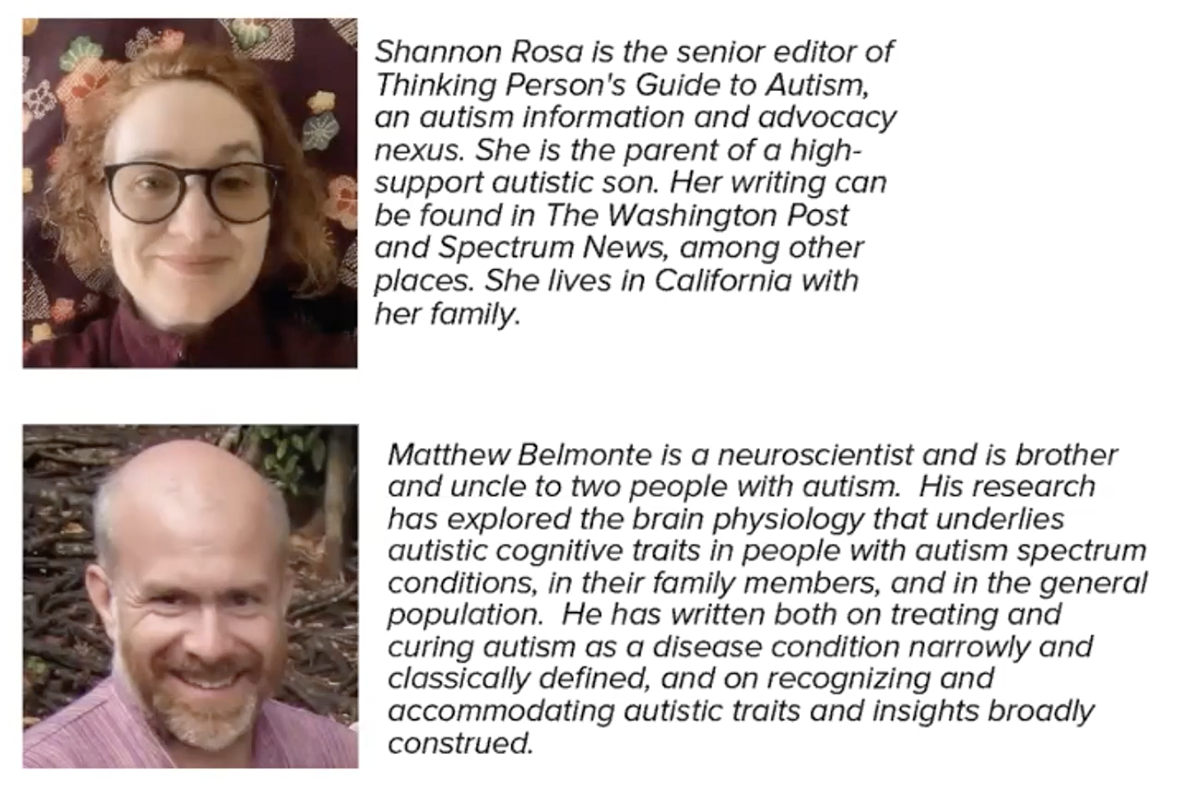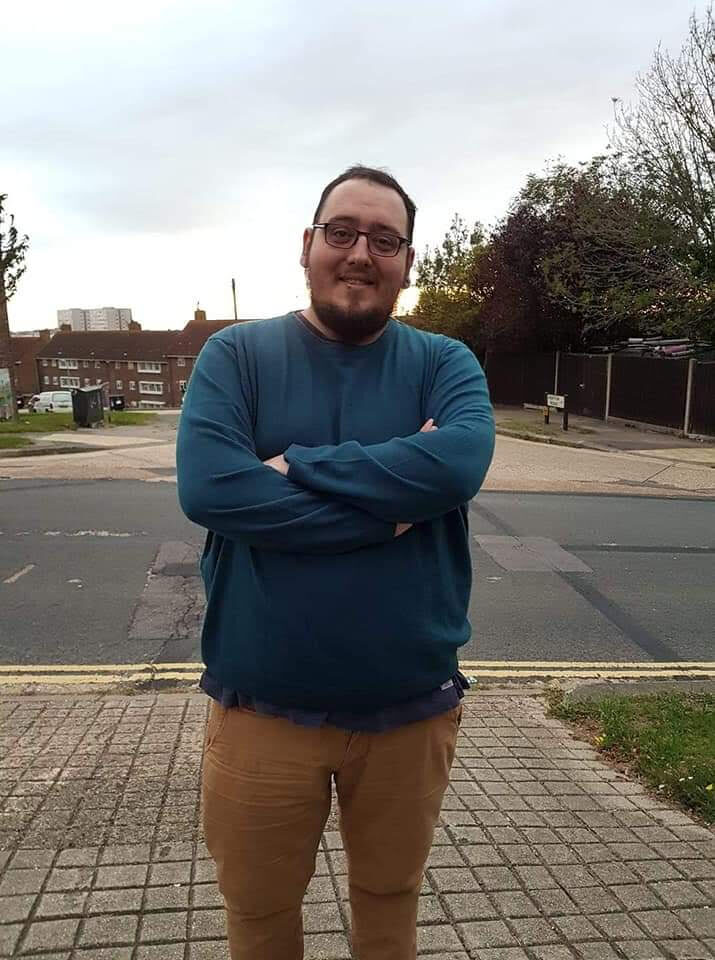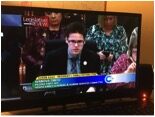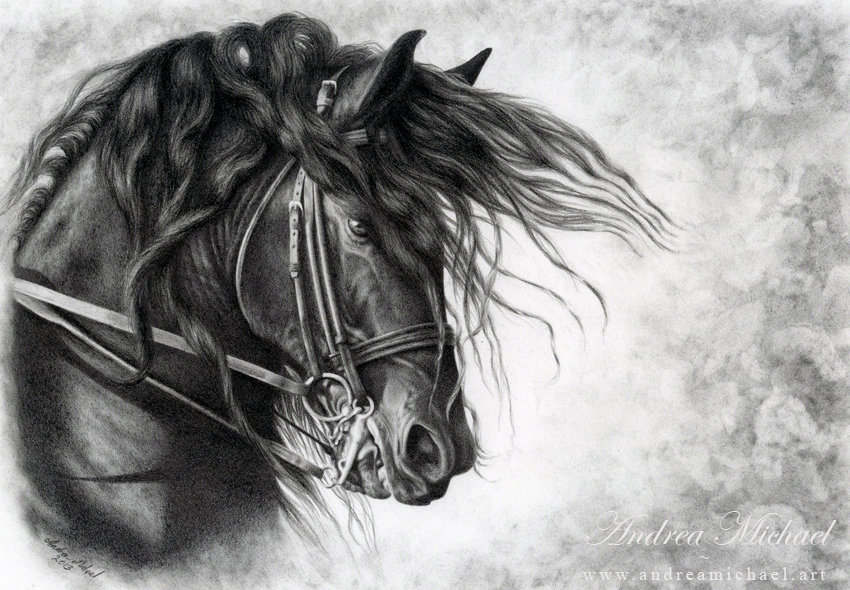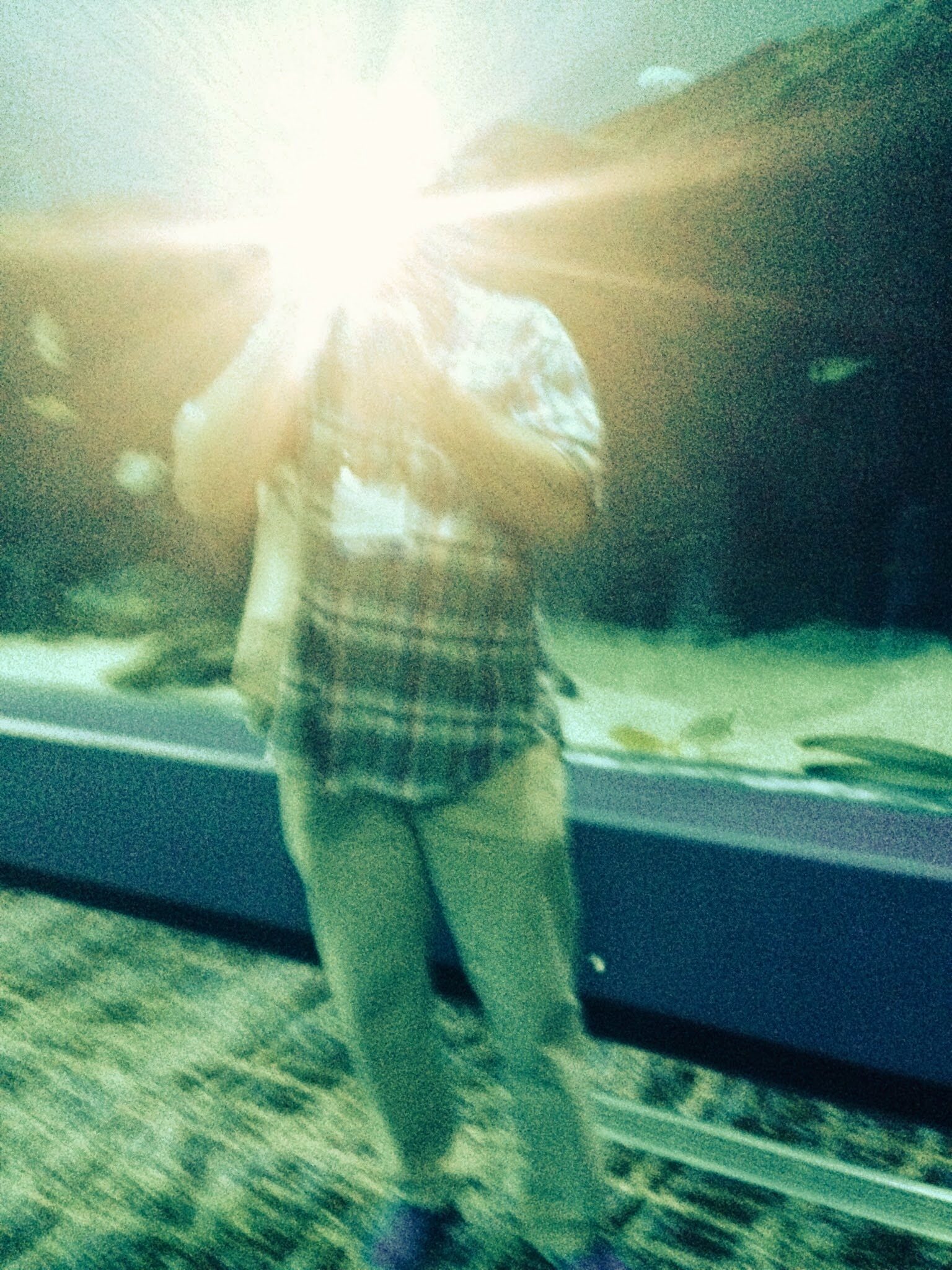We spoke with autistic advocate and autism pseudoscience watchdog Anne Borden King about the continued proliferation of questionable and outright fraudulent “treatments” for autism.
Tag: advocacy
Our senior editor Shannon Rosa was invited to participate in the 2021 UC Davis Neurodiversity Summit, on a panel debating the role of the Neurodiversity Movement in supporting and including autistic people with intellectual and communication disabilities.
David Gray-Hammond, photo courtesy author [image: A white man with short brown hair, a beard, and glasses. He is wearing a teal shirt and light brown pants.] David Gray-Hammond @emgntdivergence Developing skills in self-advocacy can often seem confusing and frustrating. It requires us to be aware of our needs in a detailed way, while also being able to communicate them in a world that so often seeks to silence us. I have always argued that self-acceptance is the first step to self-advocacy, but in order to accept ourselves, we must first know ourselves. When I found the autistic community, I found thousands of people who understood my experience in a way that others simply could not. It was in this understanding that they taught me the vocabulary that I needed to describe my strengths and struggles (in fact, I did not even know the words to describe my most basic…
When people generally said to be incapable of communication find ways of making clear what they do and don’t want through means other than words, this is self-advocacy.
Ivanova Smith @lauralovesian1 My name is Ivanova Smith and I am a proud autistic activist advocate. I advocate at the Washington State legislature! I testify at bill hearings about policies that affect me as a developmentally disabled person. One of the bills I put the most attention to is to shut down state institutions. [Image: Ivanova Smith testifying against a Bill that allow respite to be provided at an institution! They have brown hair. They are wearing black suit with grey shirt and tie. They are speaking into a microphone.] There are four state-run institutions in Washington, and they hold 800 people with Intellectual/developmental disabilities (I/DD). These used to be called training schools. I have heard the arguments for support of these institutions many times while I have waited to give testimony. I have had to listen to all these arguments on why it OK to imprison people like me.…
Housing for autistic adults is a fraught and confusing topic. We talked with Sam Crane, who explains why group homes can be bad for disabled residents, and why “intentional” housing often means just the opposite for the disabled people who actually live there.
Holly Robinson Peete | Photo: Gatepath [image: Candid photo of actress & author Holly Robinson Peete] Actress, author, and philanthropist Holly Robinson Peete spoke at a Gatepath event near San Francisco last week. She talked about her new book Same But Different: Teen Life on the Autism Express, which she co-wrote with her autistic son RJ and his non-autistic twin sister Ryan, about understanding and including autistic people, about supporting autistic kids with high support needs who don’t have the resources her family does, and why “We need to spread the word about how neurodiversity is another form of diversity.” TPGA’s Shannon Rosa talked with Holly after the event, which was nifty because Shannon worked with the HollyRod foundation during the earliest part of the iPads for Autism movement, including developing a spreadsheet of recommended autism apps, had interviewed Holly, and had featured her writing here on TPGA — but…
As an autistic, the impression I was left with after reading Steve Silberman’s book NeuroTribes was one of enormous relief. The book not only avoids the usual pitfalls of fear-mongering and stigmatizing language that surround the topic of autism, but actually explains the origins of those pitfalls
Andrea Michael www.andreamichael.art Django of Cacharel [image: Black-and-white drawing of a dark horse wearing a bridle, with a windblown mane.] I wasn’t prepared for the imposter syndrome that set in after my autism diagnosis. Why? Possibly because, after my diagnosis, I scoured the Internet for autism material, found too many opinions that my version of autism wasn’t “real autism” — and heard more often than not that if I was late diagnosed, that meant I was at the very edge of the diagnosis, just a mild case with no “real” challenges. At the time of this writing, I am in my thirties. I was diagnosed on the autism spectrum three years ago, after seeking answers for troubles that had been ramping up since my childhood. My diagnosis of extreme chronic anxiety as a teen, then one of depression (later extreme chronic depression) in my twenties, while true and correct, were…
John Elder Robison was a discussant for the Autism Social, Legal, and Ethical Research Special Interest Group at the 2014 International Meeting for Autism Research (IMFAR). He ended up taking the group to task, stating that the autism science community is headed for disaster if it does not change course on several factors – and noting for context the larger size of the US autistic community in proportion to other minority groups such as Jewish or Native American communities. Mr. Robison asserted that autistic people need to be the ones providing oversight and governance for autism research. He condemned the use of words like “cure.” He pointed out that researchers’ explicit or implicit efforts to eradicate autistic people is a formula for disaster and needs to stop. And he affirmed that memoirs and narratives written by autistic people are more trustworthy than writing about autism by nonautistics. Many thanks to…

